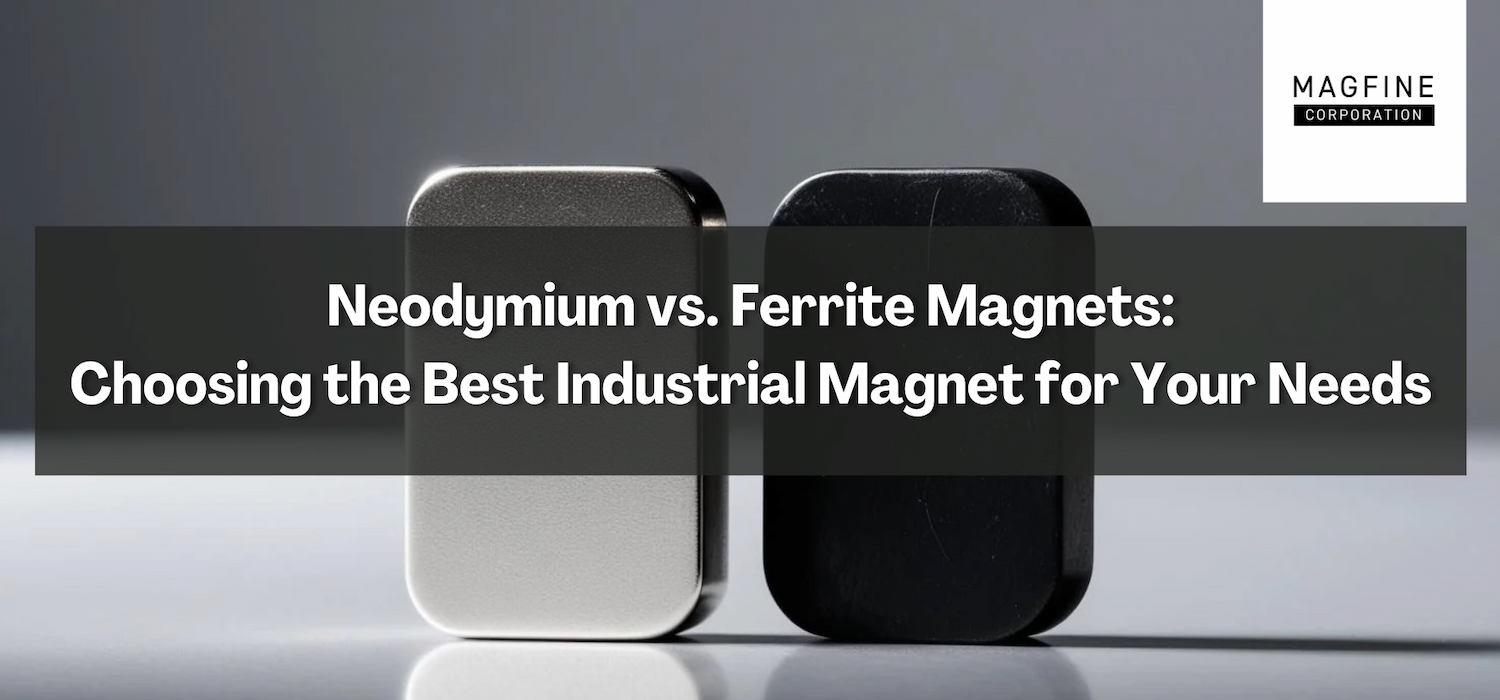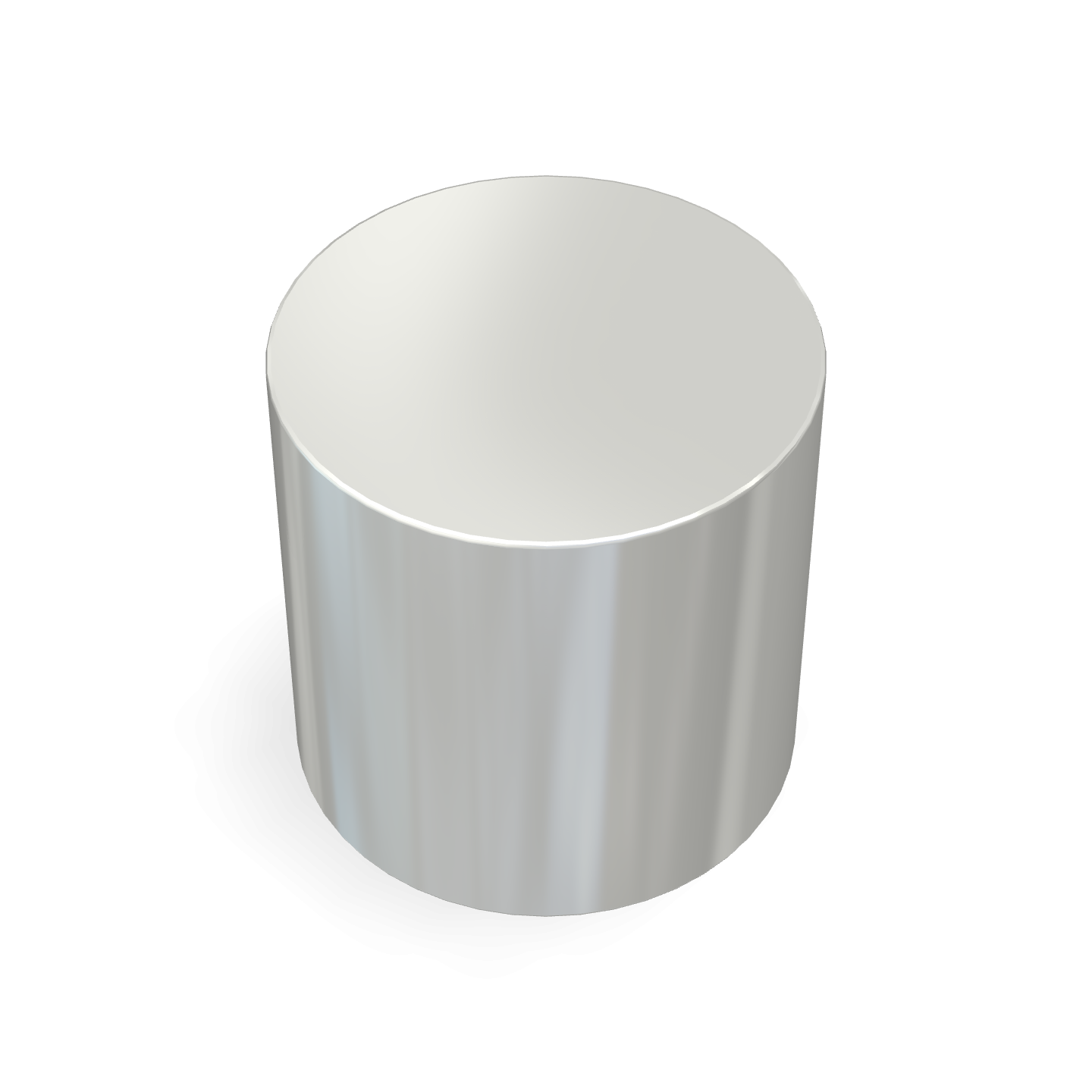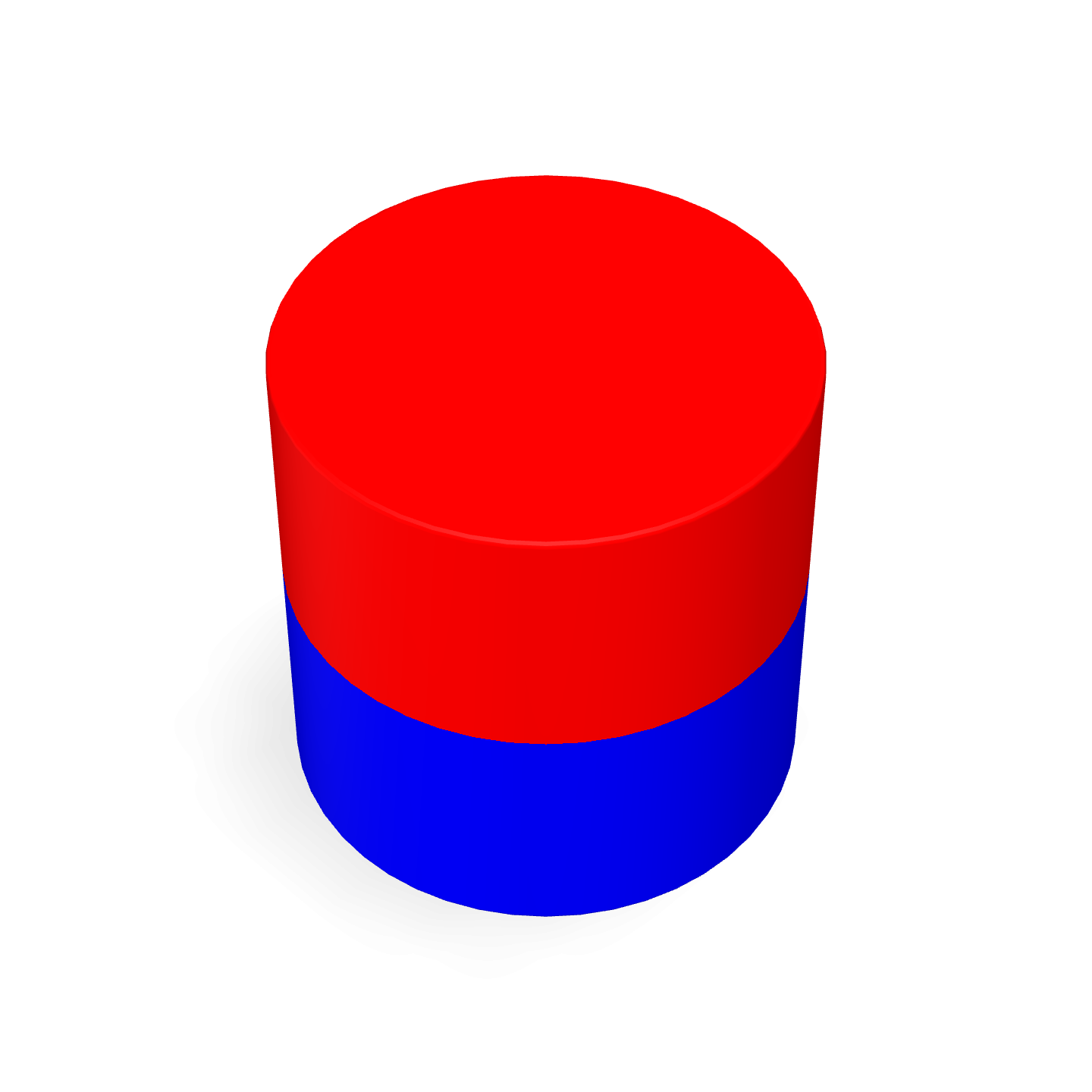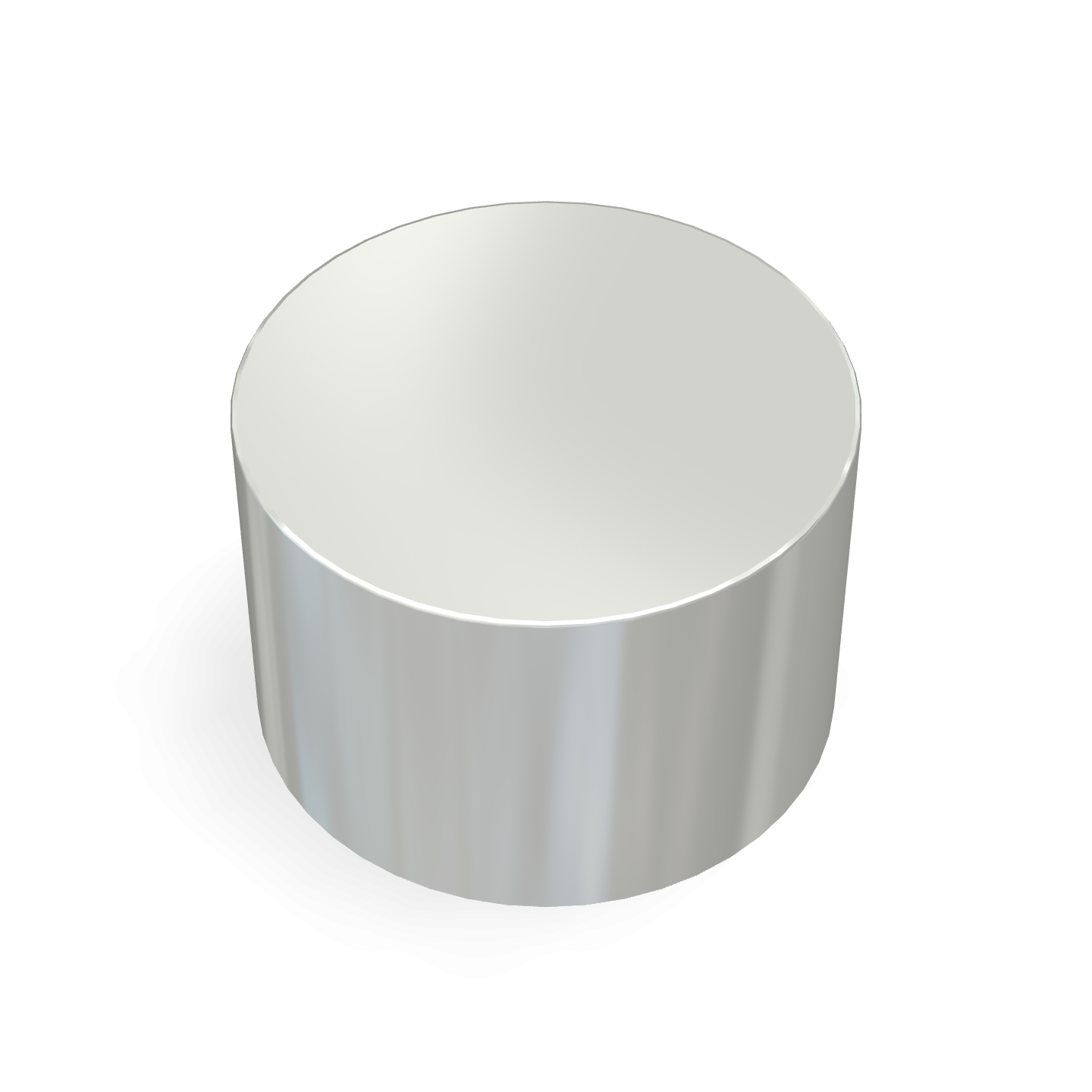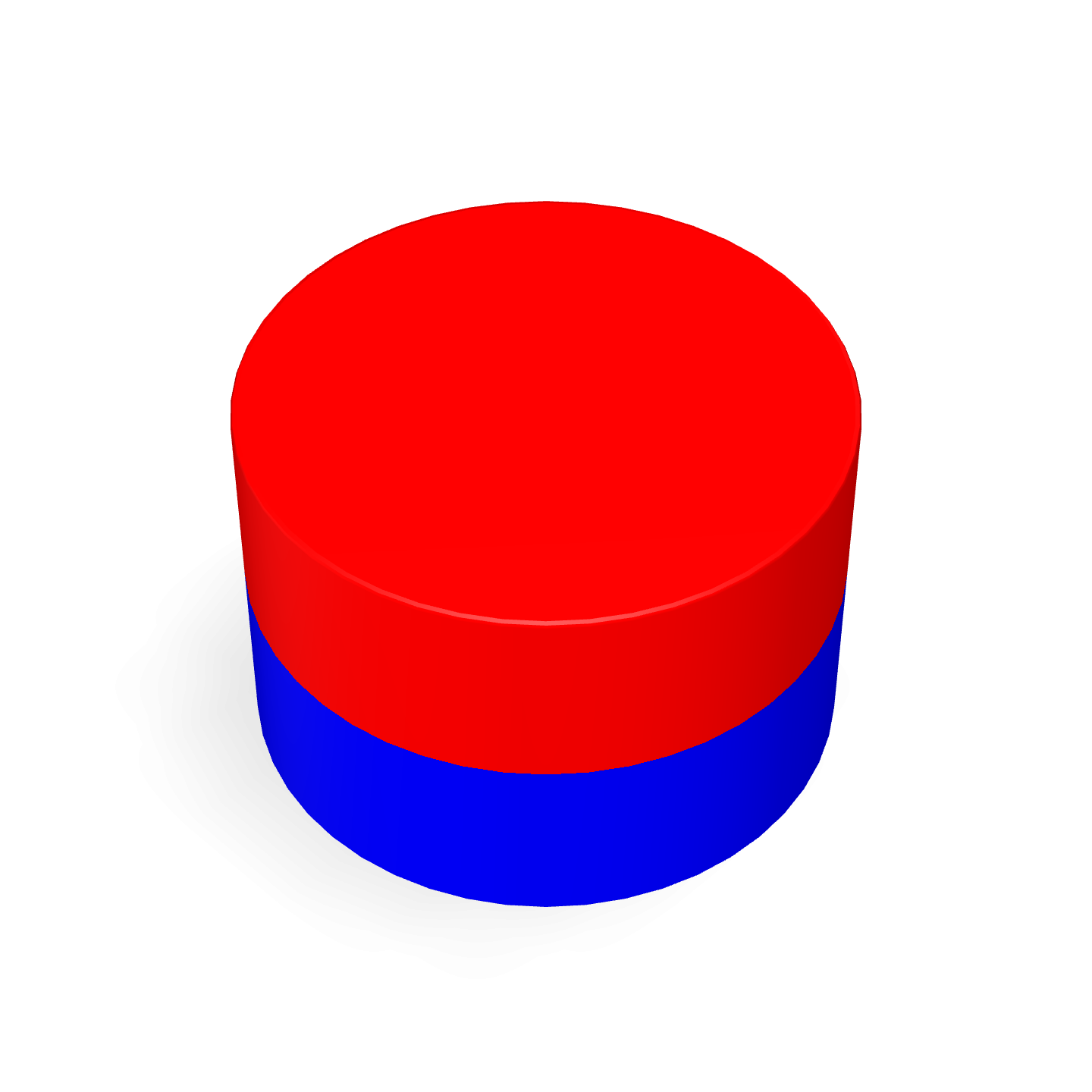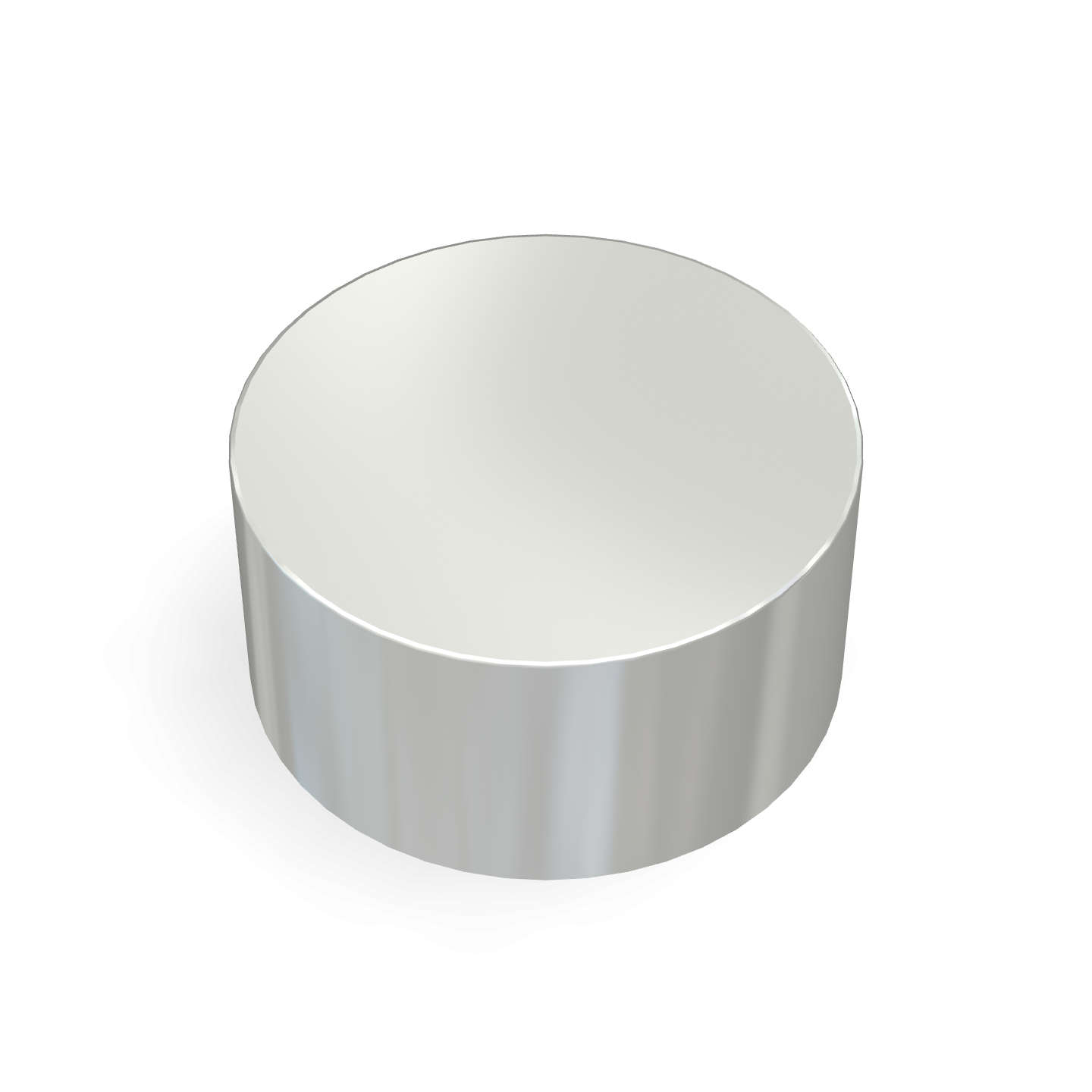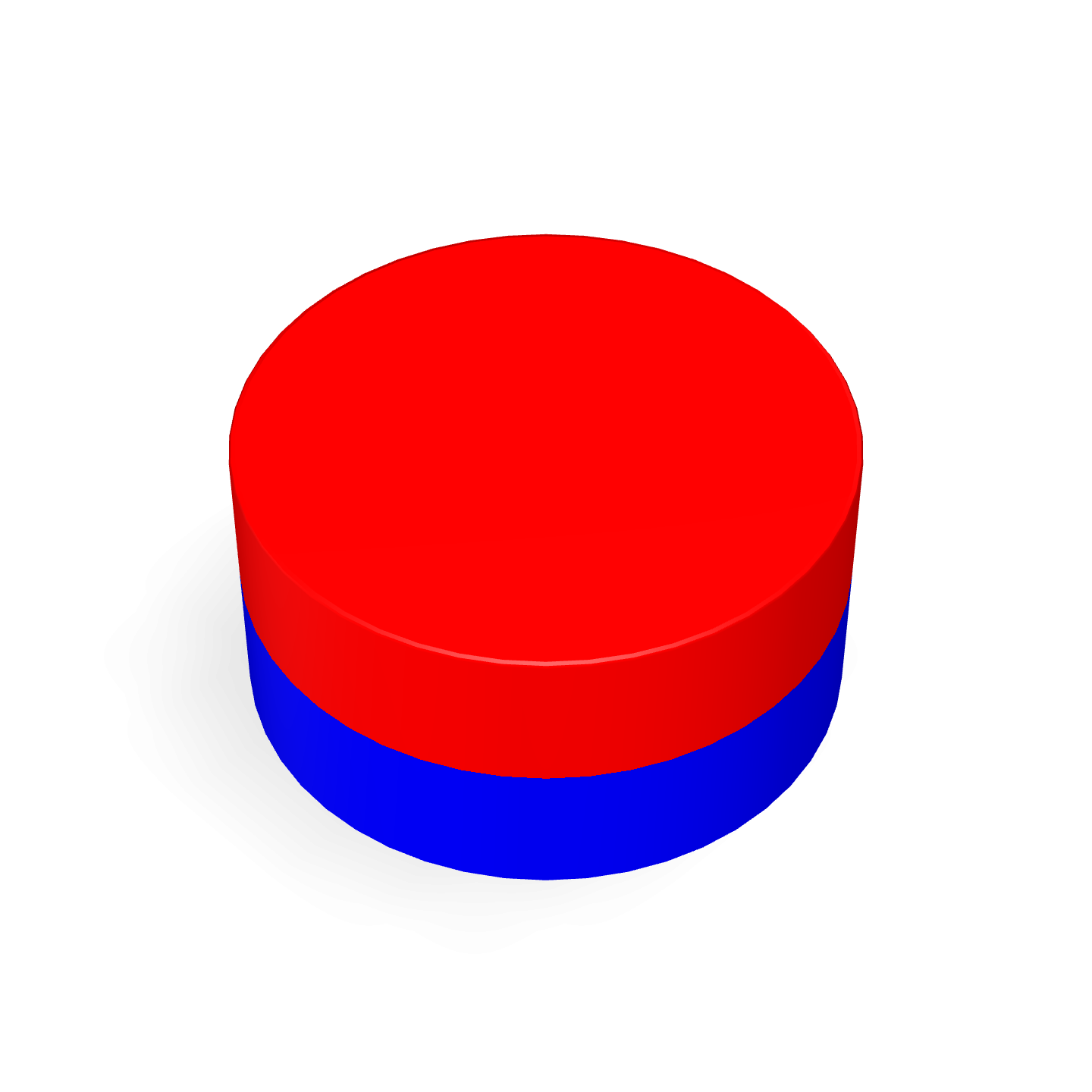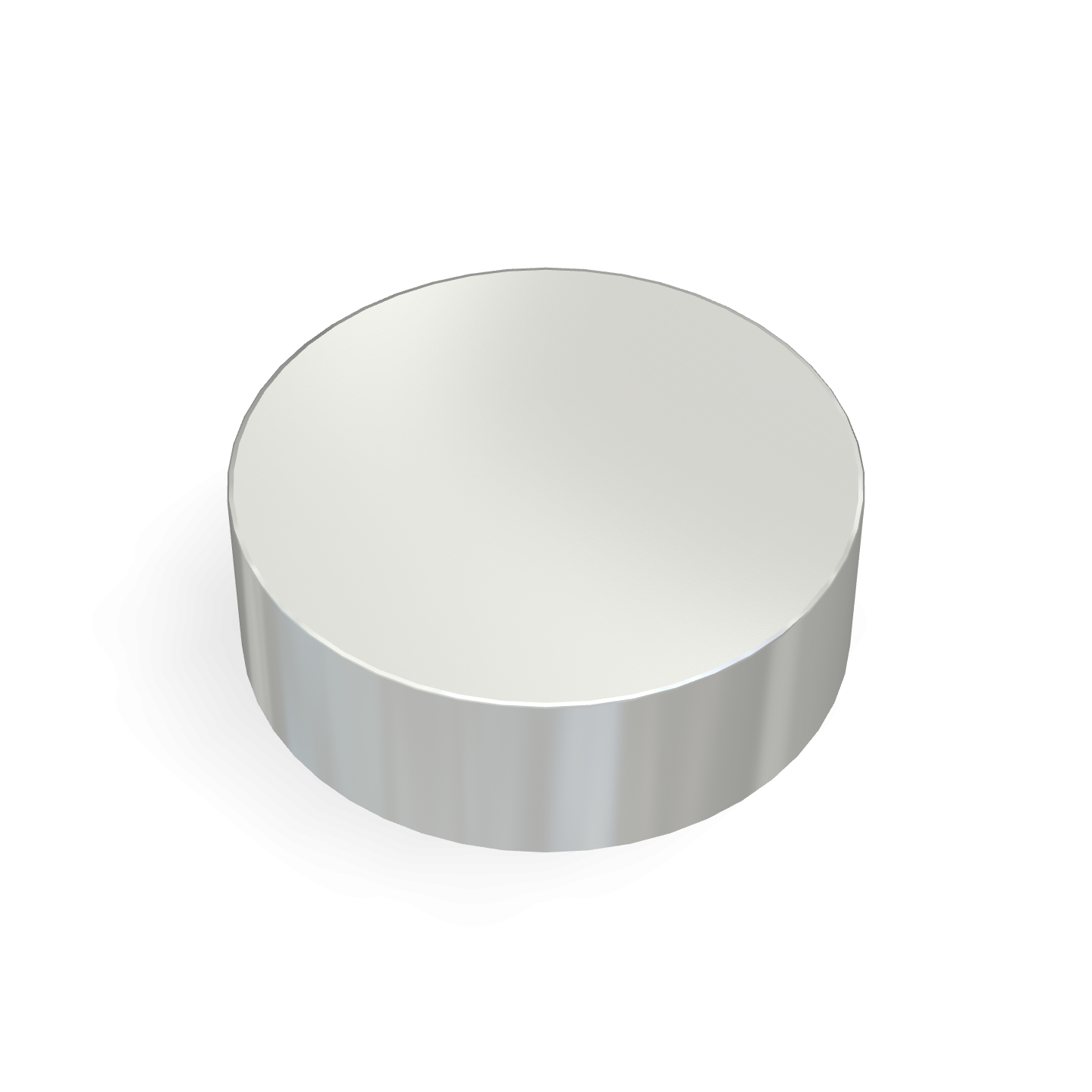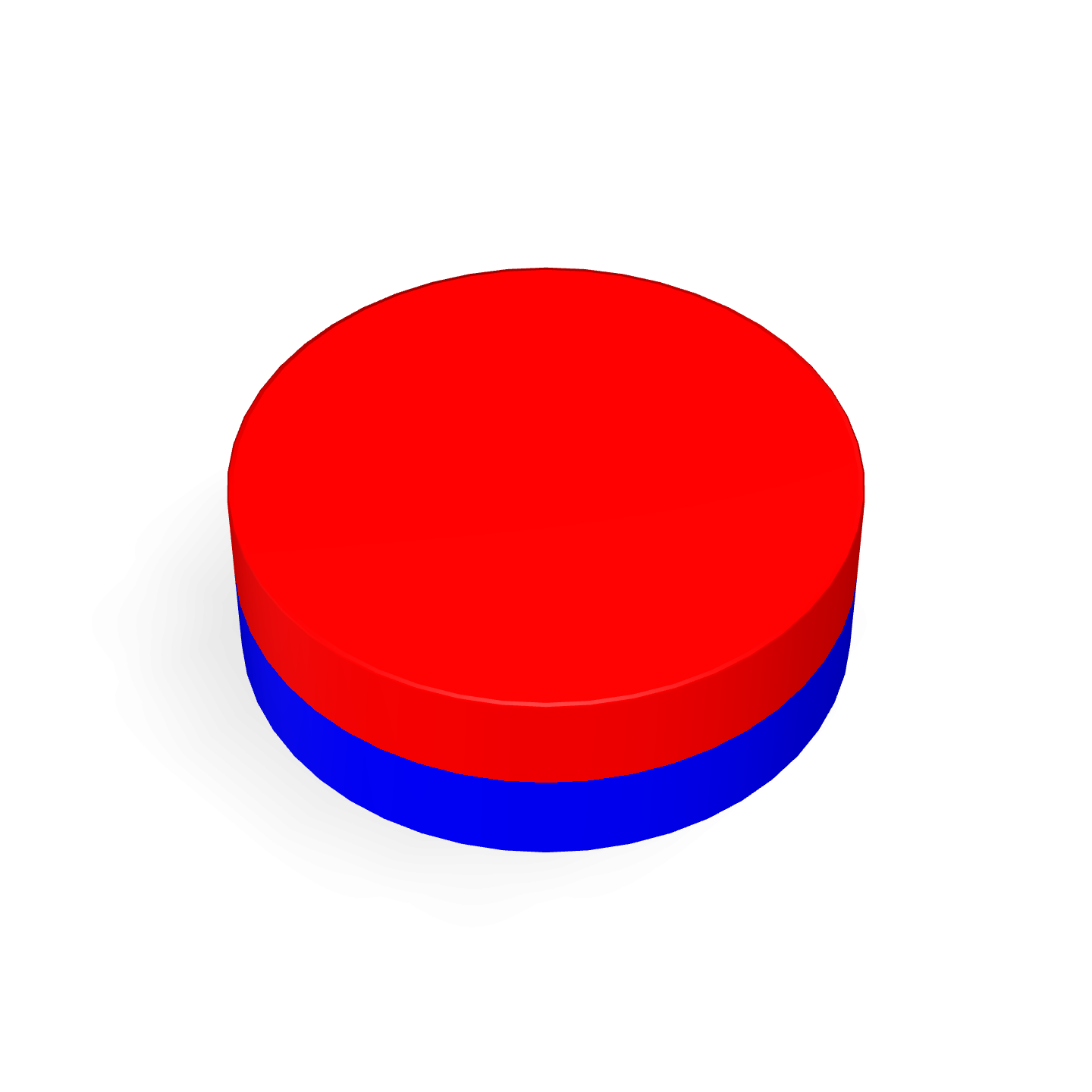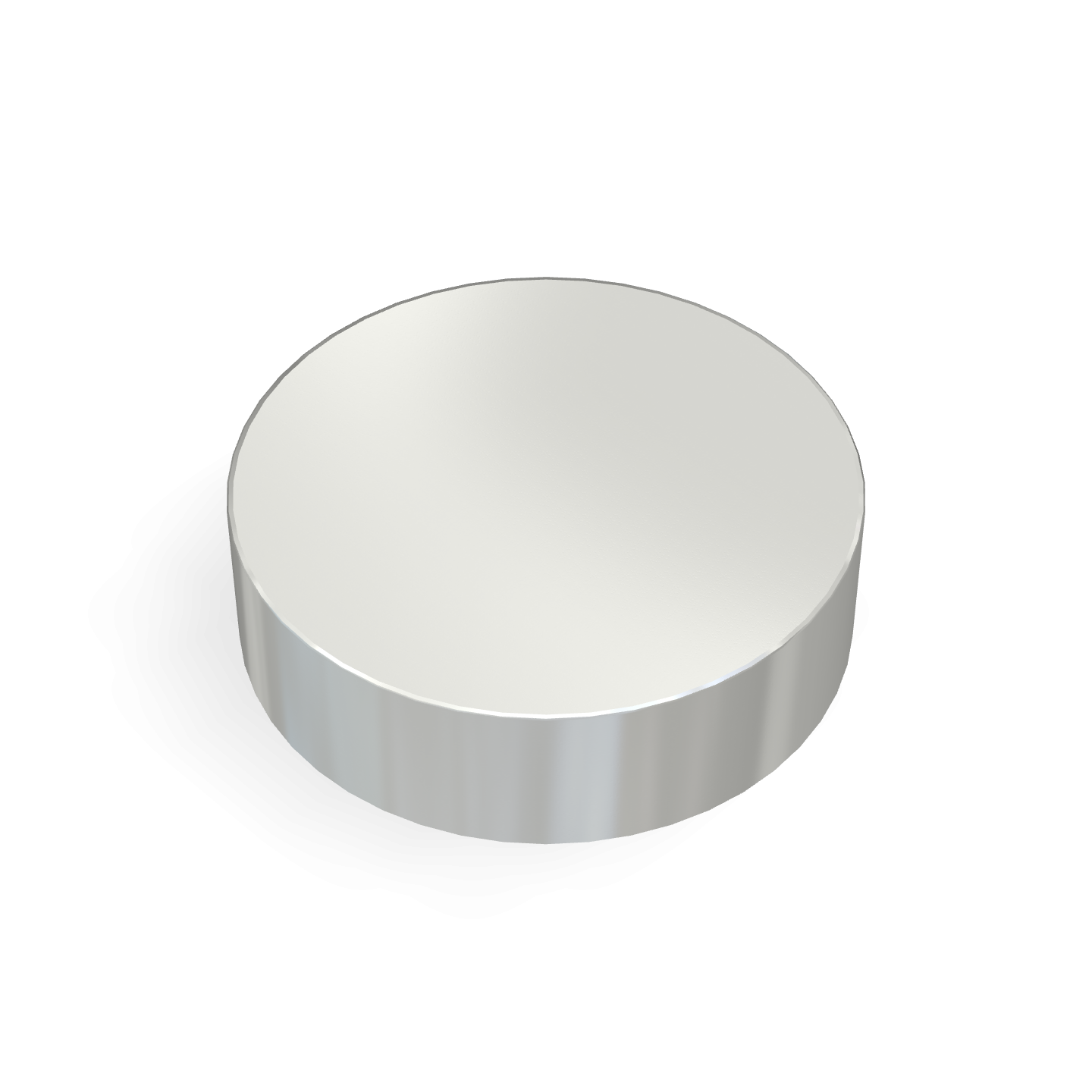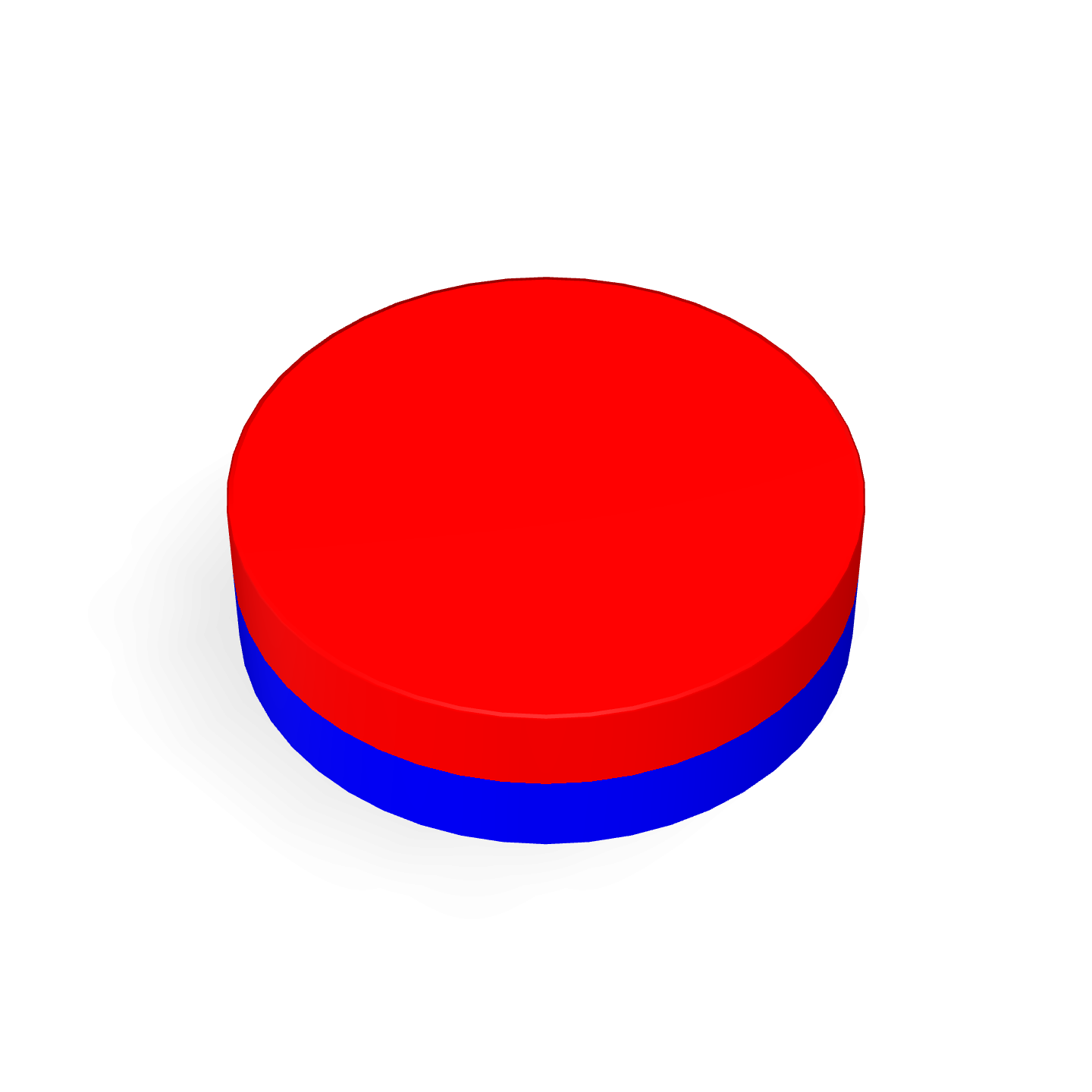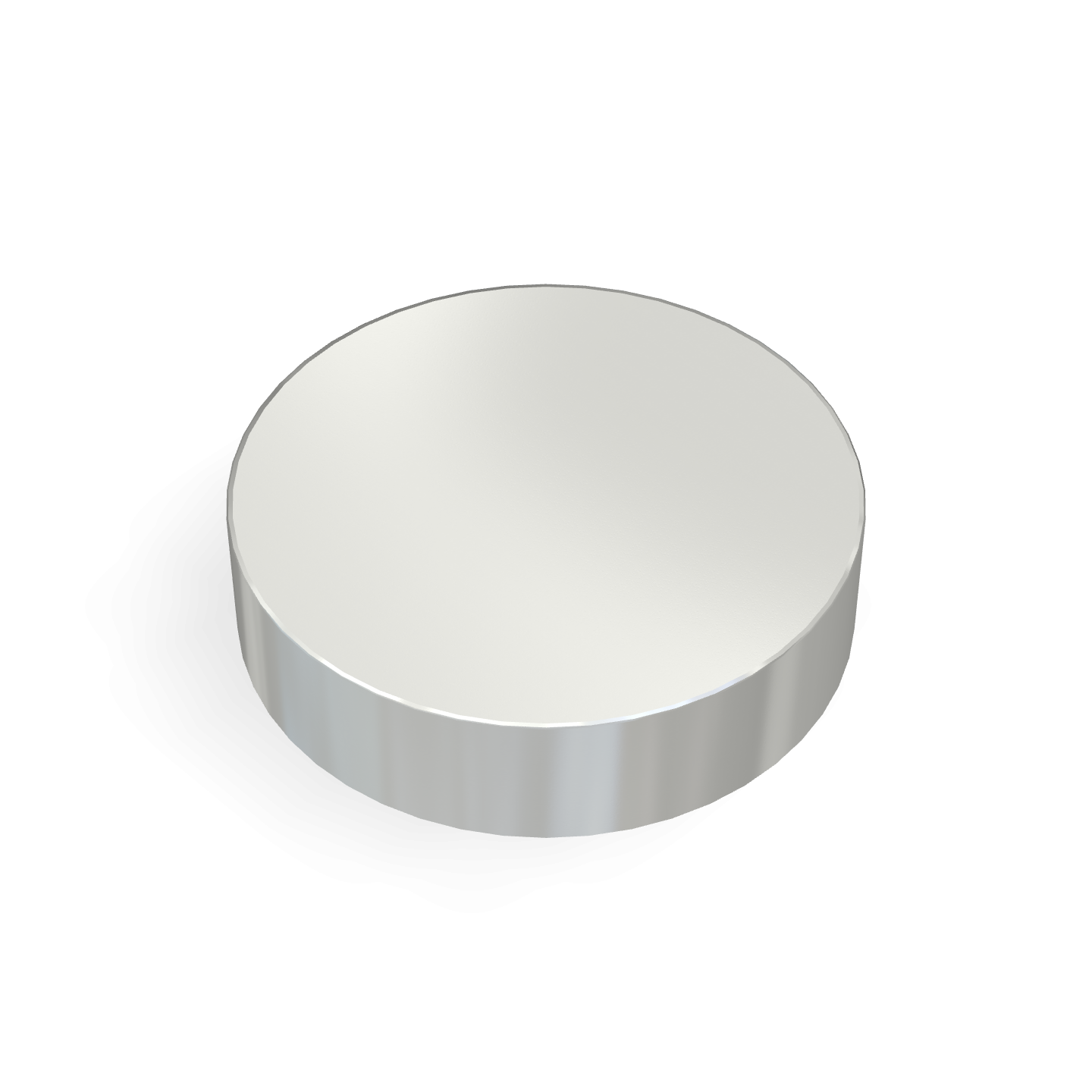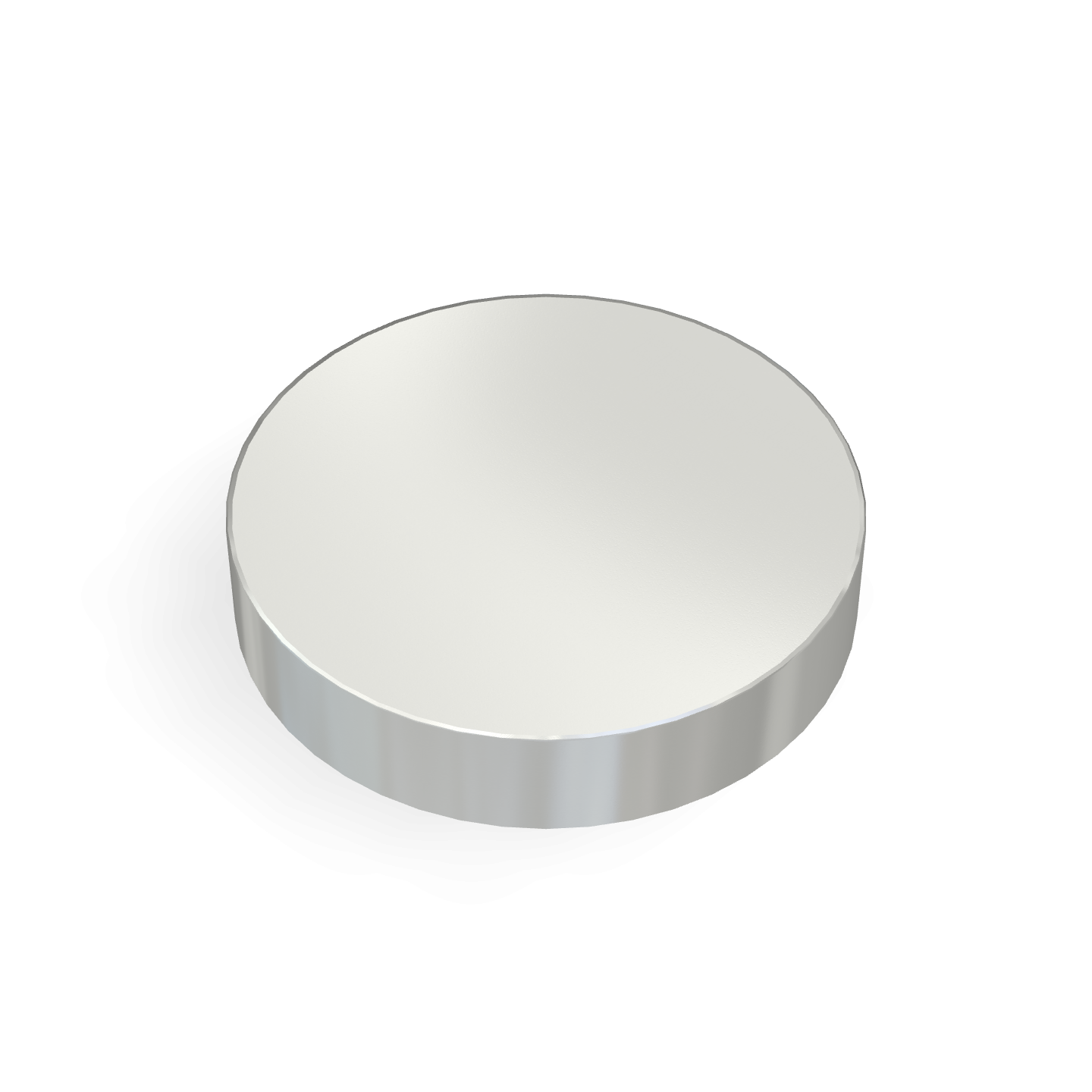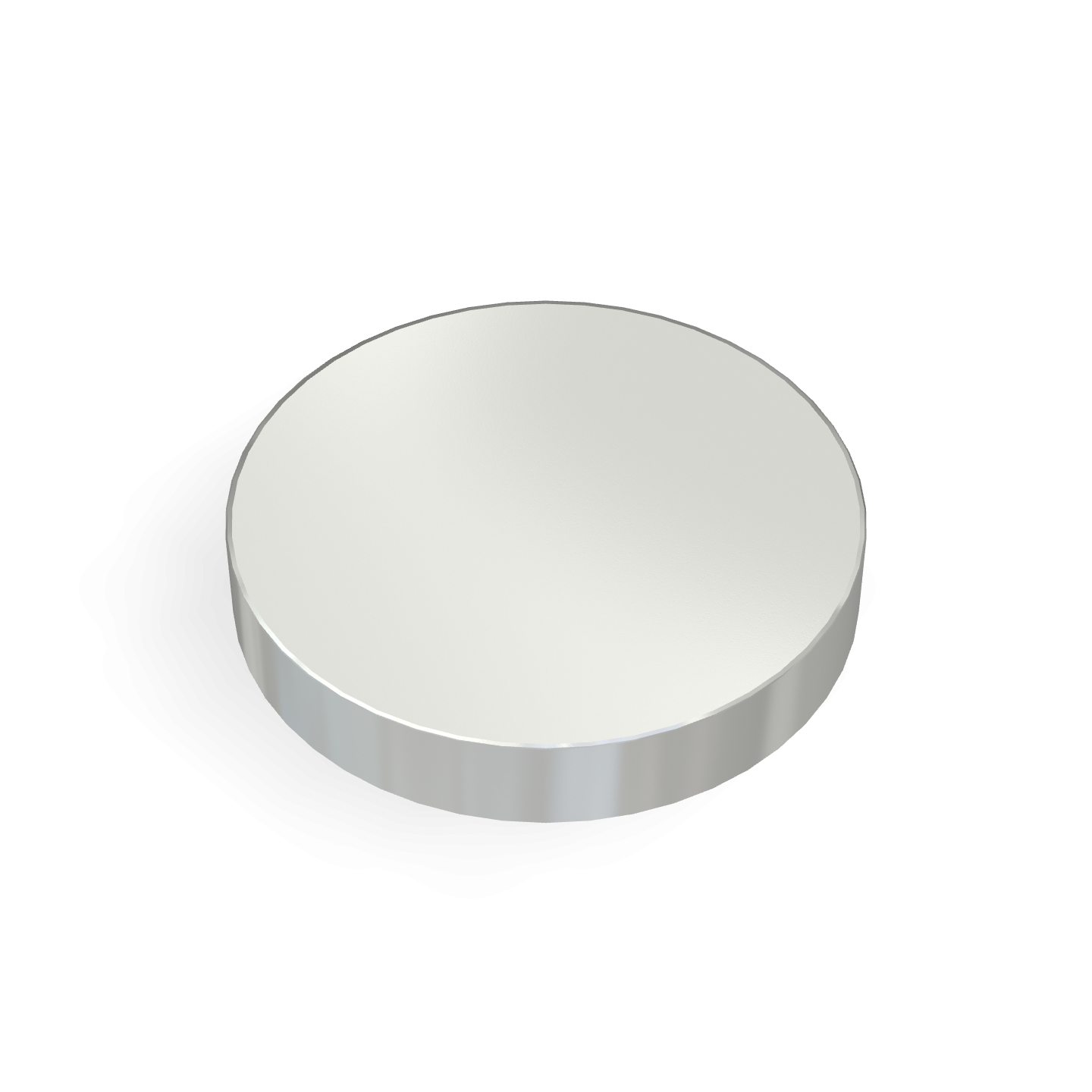Neodymium Magnets: Strength and Versatility
Neodymium magnets, also called NdFeB magnets, are the strongest commercially available magnets. They are composed of neodymium, iron, and boron, offering exceptional magnetic performance.
Advantages of Neodymium Magnets:
- High Strength: These magnets are significantly stronger than ferrite magnets, making them ideal for applications requiring compact yet powerful solutions.
- Small Size, High Power: Due to their strong magnetic properties, smaller neodymium magnets can outperform larger ferrite magnets.
- Industrial Applications: Commonly used in high-performance motors, medical devices, renewable energy solutions, and consumer electronics.
Disadvantages of Neodymium Magnets:
- Cost: Due to their composition and manufacturing process, neodymium magnets are more expensive than ferrite options.
- Brittle and Corrosion-Prone: These magnets can chip and require protective coatings such as nickel or epoxy.
- Temperature Sensitivity: Standard neodymium magnets can lose strength at high temperatures, though specialized high-temp grades exist.
Ferrite Magnets: Affordable and Durable
Ferrite magnets, also known as ceramic magnets, are composed of iron oxide and strontium carbonate. They are known for their cost-effectiveness and resistance to corrosion.
Advantages of Ferrite Magnets:
- Low Cost: Ferrite magnets are an economical choice, making them ideal for large-scale applications.
- Corrosion Resistance: Unlike neodymium magnets, ferrite magnets do not require protective coatings.
- Temperature Stability: They perform well at high temperatures, making them suitable for electric motors and heating applications.
Disadvantages of Ferrite Magnets:
- Lower Magnetic Strength: Ferrite magnets are significantly weaker than neodymium magnets.
- Brittle: While durable, they can break under mechanical stress.
- Size Constraints: To achieve the same magnetic performance as a neodymium magnet, ferrite magnets must be much larger.
Which Magnet is Best for Your Needs?
Choosing the right magnet depends on your specific needs:
- Need high strength in a compact size? Neodymium magnets are the best choice.
- Looking for an affordable, corrosion-resistant magnet? Ferrite magnets may be a better fit.
- Operating in high temperatures? Ferrite magnets handle heat better, making them suitable for motors.
Explore high-quality neodymium magnets in Canada and industrial magnet solutions at Magfine.ca.
Frequently Asked Questions
What are the main differences between neodymium and ferrite magnets?
Neodymium magnets are stronger but more expensive, while ferrite magnets are affordable and corrosion-resistant but weaker.
Which magnet is better for high-temperature applications?
Ferrite magnets perform better at high temperatures, while neodymium magnets require special grades for heat resistance.
Where can I buy neodymium magnets in Canada?
You can find high-quality neodymium magnets and industrial magnet solutions at Magfine.ca.

